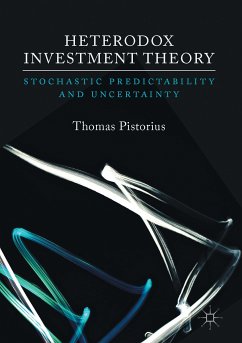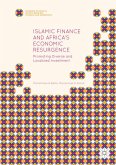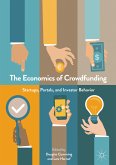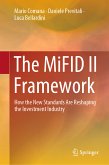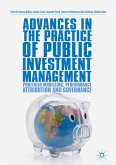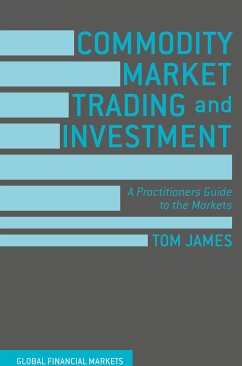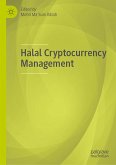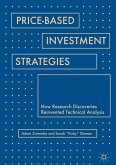The best and the brightest investment gurus often rely on rational, statistical calculations of risk and return of investments. Pistorius traces their rhetoric and comes to a modest conclusion that stochastic predictability does not exist in investing. Thus, if we follow investment advice, we are gambling because of their rank in professional hierarchies of status and authority, not because of their access to the holy grail of a successful prediction.
- Slawomir Magala, Professor of cross-cultural management (emeritus), Rotterdam School of Management, Netherlands, and, Professor of management and social communication, Jagiellonian University Cracow, Poland
This book combines the study of rhetoric, history, philosophy, philosophy of statistics and the culture of investing to discuss the foundations of stochastic predictability in investment theory. Besides discussing the problem of stochastic prediction, the book also covers alternative investment theories. Ideas from uncertainty economics, expressed by the likes of Keynes, Knight, Von Mises, Taleb and McCloskey are also discussed. This book will be of interest to researchers and academics in the field of investment theory, as well as investment practitioners.
Dieser Download kann aus rechtlichen Gründen nur mit Rechnungsadresse in A, B, BG, CY, CZ, D, DK, EW, E, FIN, F, GR, HR, H, IRL, I, LT, L, LR, M, NL, PL, P, R, S, SLO, SK ausgeliefert werden.

